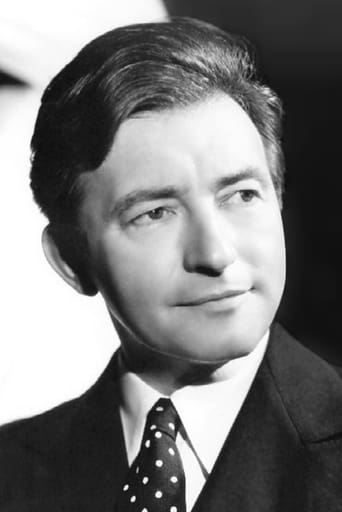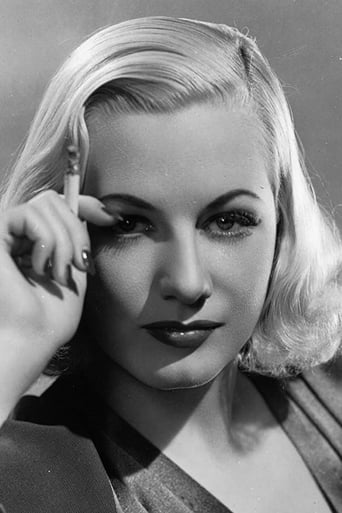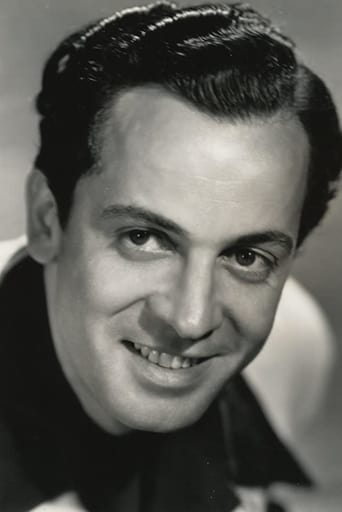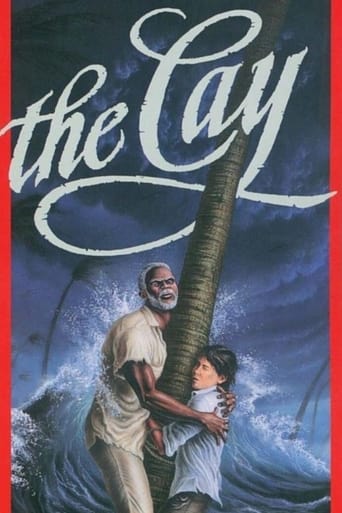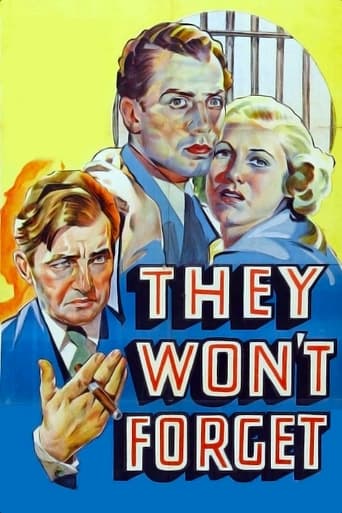
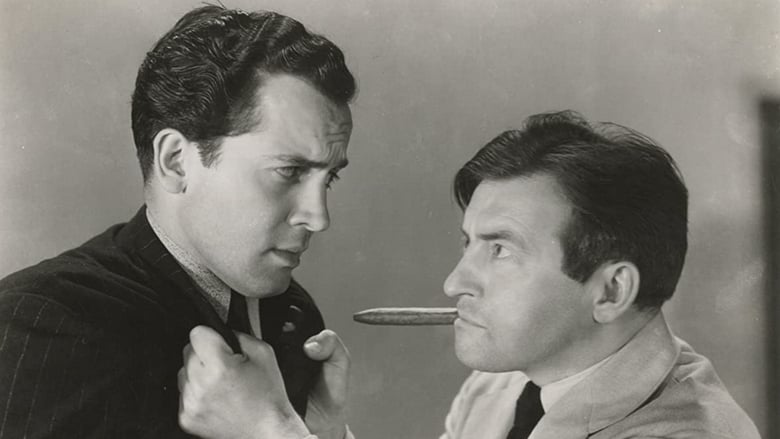
They Won't Forget (1937)
A southern town is rocked by scandal when teenager Mary Clay is murdered on Confederate Decoration Day. Andrew Griffin, a small-time lawyer with political ambitions, sees the crime as his ticket to the Senate if he can find the right victim to finger for the crime. He sets out to convict Robert Hale, a transplanted northerner who was Mary's teacher at the business school where she was killed. Despite the fact that all the evidence against Hale is circumstantial, Griffin works with a ruthless reporter to create a media frenzy of prejudice and hate against the teacher.
Watch Trailer
Cast


Similar titles
Reviews
I just saw this movie on TCM.I don't recall the cause of death was ever mentioned in the film. The victim was founded battered at the bottom of the elevator shaft in the basement. A tragedy. Murdered? Perhaps not.The janitor displayed so much emotion in his exclamations of innocence. By his own admission he admits he was asleep on the job and part of that job was operating the elevator. Perhaps the victim, nervous at being alone in the building after class, saw that she was not alone by the classroom doorknob turning, ran from the room and instead of using the stairs,impulsively decided to use the elevator......but there was no one there to make sure it was on the right floor for pick-up. What do you think?
"They Won't Forget" released in 1937, is a hard-hitting look at prejudice and North versus South politics. A young student in a business school (Lana Turner, in her first role) is killed. Fingers soon point to her school teacher from up North (Edward Norris). Whether or not he is guilty seems not to matter to the residents of this small southern town. Claude Rains has a stellar role here as the prosecutor you love to hate, a man who has high political ambitions and wants to bring a conviction no matter who has to to hang for it. Clearly there is nothing but circumstantial evidence against the teacher, something a lawyer (Otto Kruger) from New York points out. He comes to the southern town to defend the teacher, as the case has received national attention. A sleazy newspaper guy who is in league with the prosecutor makes certain the case stays in the headlines, leading to massive rumors and speculation about the man's guilt. This is not an uplifting movie, and I found myself getting outraged while watching it. But this is what Warner Brothers often did in the 1930's -- while MGM was focused on glitz and glamour, Warner's was down in the streets and bringing us great social commentary films like this one. And I think it is quite daring by 1937 standards. The performances are good ones. Rains has a tough time hiding his British accent, but he fascinates anyway. Norris is adequate as the school teacher, although he never had much of a career. Lana Turner was probably all of 16 or 17 here, and a real beauty, and we can already see glimpses of why she became the star she did.
(There are Spoilers) Even though the film "They Won't Forget" claims it's not based on any true events and it's characters are completely fictitious it's undoubtedly bases on truth. The film is about the trial conviction pardon and later abduction, by a frenzied mob, and lynching of Leo Frank on August 17,1915 outside of Marietta Georgia. Frank was abducted from the local jail-house and taken out in the woods and hung for the murder of 12 year-old Atlanta girl Mary Phagan.The movie goes along the same lines as the real story that it's based on with Leo Frank portrayed as a business professor, not the owner of a pencil factory, from the north named Perry Hale, Edward Norris. The movie also replaces Hale's, or Leo Frank whom he's supposed to be, ethnicity of being Jewish to being a northerner which is the real reason, in the movie, that the people of the small southern town of Flodden have such a bitter hatred for him. Besides that small change in history the movie nevertheless is a strong incitement of how emotions can easily take over a community and lead to an innocent mans, even though it's never really proved if or not Hale was in fact innocent, unjust conviction and later murder.Hale was seen at the business school where he was a professor and where pretty 16 year-old Mary Clay, Lana Turner, attended and was in fact a bit infatuated with him. It was on that fateful day April 26, Confederate Memorial Day, that Hale was seen at the school after hours where Mary's body was later found brutally murdered. The police first grabbed the school's janitor a black man named Tump Redwine, Clinton Rosemond, as the prime suspect in Mary's murder. It was in fact Tump who found Mary's dead body at the bottom of an elevator shaft.Slowly all the evidence,circumstantial as it was, started to point to Parry Hale. Hale not only was there, besides Tump, at the school when Mary was murdered but had both a blood stain on his jacket and a telegram that he's leaving town as soon as possible for a new job up north! Seeing a chance to make a name for himself, and get elected senator, local D.A Andrew Griffin, Claude Raines, took charge of prosecuting Hale and with the town already strongly prejudice against him, in Hale being an outsider and Yankee to boot, the outcome of the trial was already a forgone conclusion.Hale's trial, and jury, was so prejudice against him that after being convicted of first degree murder and sentenced to the electric chair that Governor Mountford,Paul Everton,felt that he at least should have a new trial, with a change of venue, in order to positively prove his innocence not the angry lynch mob that he faced back in Flodden.Sacrificing his political career Gov. Mountford let his conscience replace his future in politics by commenting Hale's death sentence to life imprisonment. This act of courage on the governors part touched off a riot in Flodden that had the outraged townspeople lead by Mary's hot-headed bother Shack, Trevor Bardnett, grab Hale as he was being sneaked out of town by the state police and after beating him bloody strung the terrified man up.It was only after all the dust settled an tempers cooled that D.A Griffin and most of the people who had a hand in convicting Hale, including the manipulated star witness for the prosecution Tump Redwine,that a grain of doubt to Hale's guilt started to come to the surface. Hale's grieved wife Sybil, Gloria Dickson, was given a check by Griffin for all the trouble that she went though in her husbands trail convincing and lynching. Griffin even swore to Sybil that those who murdered her husband would be brought to justice which didn't move or impress her at all. Sybil threw the check that Griffin gave her back in his face wanting to have nothing more to do with him and the town of Floddon as she walked out of his office and his life as well as town forever.P.S the biggest tragedy besides the tragic lynching of Perry Hale is that the actual murdered, if Hale was in fact innocent, of young Mary Clay was never brought to justice. And that was by far the biggest injustice done to Mary her family and the people of Fodden in the movie.
This may well be the most depressing movie ever made. Based on a notorious murder case, the audience is spared nothing. I think it took guts for producer Mervyn Leroy to make this film. Many theaters refused to show it. The role of a lifetime for actor Claude Rains, I was impressed by the performance of the actress who plays the wife of the victim of a trial that never should have been. It takes a strong stomach to sit through until the end. The film did win awards, but the Academy of Arts and Sciences was afraid to touch it. In real life the victim of the miscarriage of justice was exonerated many years later, but the political career of the Governor who tried to commute his sentence was ruined.


